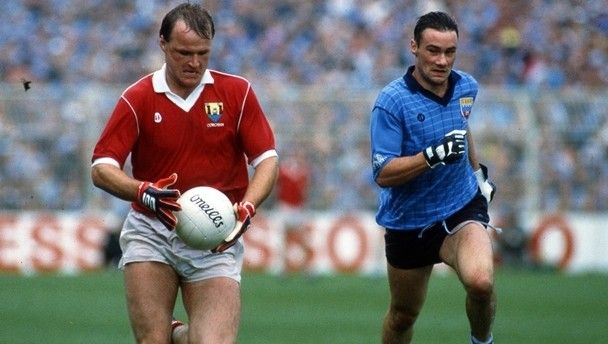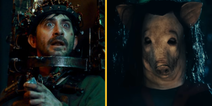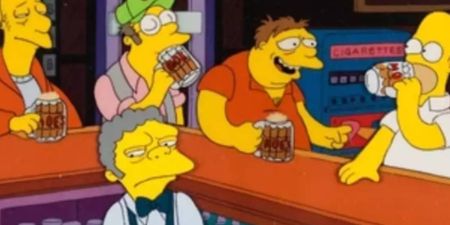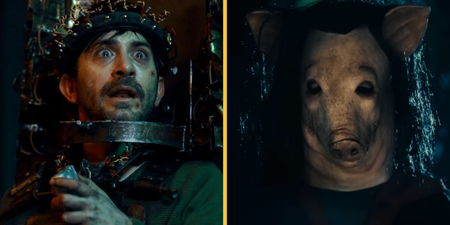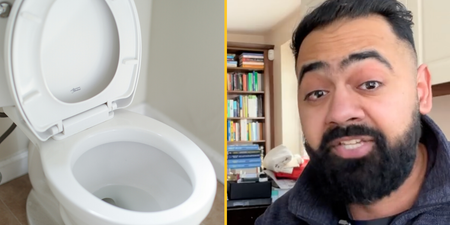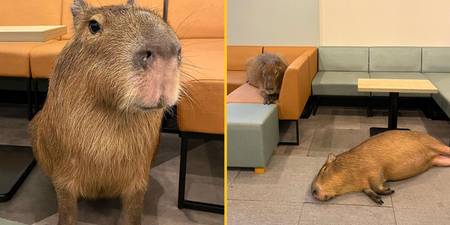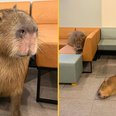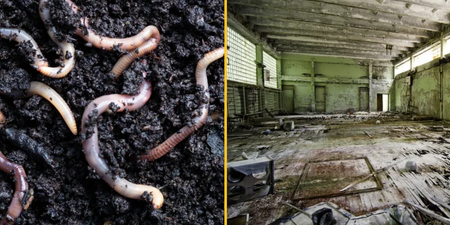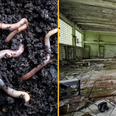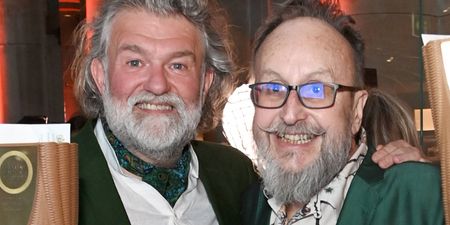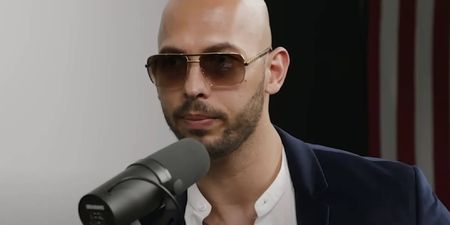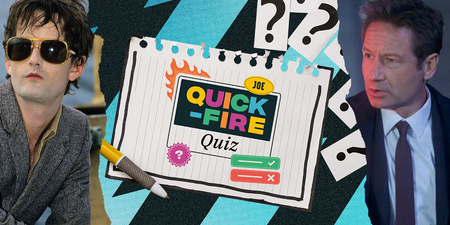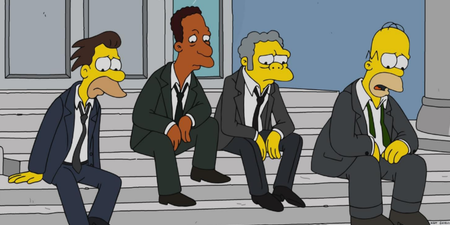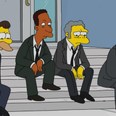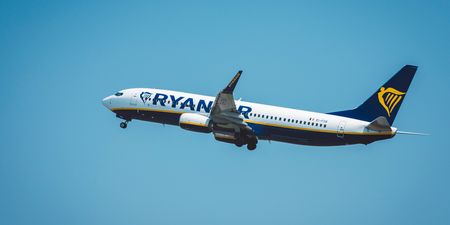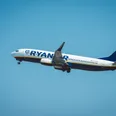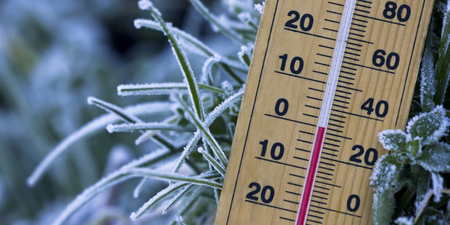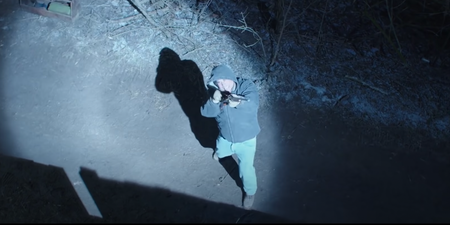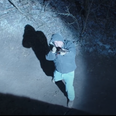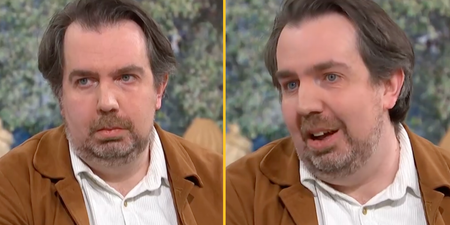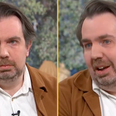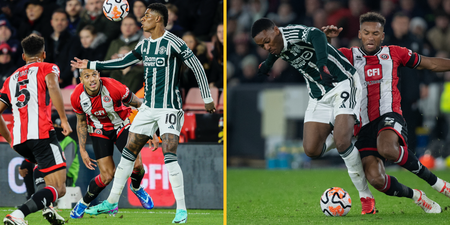Given the fact that he is the only player to win All-Ireland hurling and football medals on the playing field in the one year, Teddy McCarthy’s place in GAA history is assured.
The Glanmire man had to show his battling skills from a young age as just 16 years separated the oldest from the youngest in the McCarthy clan of eight, but it would stand him in good stead for his GAA career.
McCarthy conceded in his book ‘Teddy Boy’ that he did realise from a young age that he had the edge over most lads he came up against in either code in the club scene, and was a prominent forward of minor and U-21 Cork footballing sides.
In 1985 McCarthy made his senior inter-county debut with the footballers and the following year he made his Championship debut with the hurlers in the All-Ireland Final against Galway. Many pundits questioned the wisdom of such a move, but McCarthy more than played his part in one of the most open finals at Croke Park, with the Rebels eventually winning on a scoreline of 4-13 to 2-15.
In 1987, the Sarsfields and Glanmire man had established himself as a central figure on both sides, taking up a centre-midfield position in both codes. He won his first Munster medal with the footballers, but a defeat to Meath prevented him from winning back-to-back titles in different codes.
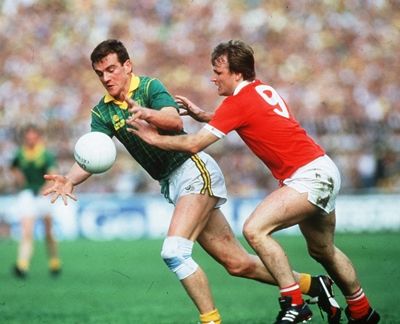
Battling with Colm O’Rourke in 1987
In 1989 he participated in his third senior final when the footballers avoided three defeats in a row, but it was 1990 which would earn McCarthy one of the greatest achievements in the game.
While the whole country was shutting down with Italia ’90 mayhem, the GAA season took somewhat of a back seat for a period. McCarthy missed the provincial wins over Tipp (hurling) and Kerry (football), but was back to claim his place for the deciders.
Despite the Rebels being the underdogs, Galway were beaten for the second time in four years, and the following two weeks the talk was as much about McCarthy’s quest for history as there was about Cork seeking to make it two-in-a-row.
Meath were again the team that stood in Cork’s way, but even with the dismissal of Colm O’Neill, the Rebels edged past by two points and McCarthy achieved what no dual player had ever managed, and something that may well never be seen again.
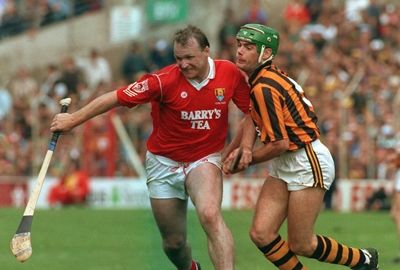
A fourth All-Ireland Final appearance in 1992
McCarthy retired from both codes in 1996, with two All-Irelands in both codes and a tally of nine Munster titles in total. Interestingly, he was overlooked for an All-Star in hurling for his exploits in 1990, something we doubt he lost too much sleep over.
After managing Sarsfields in the early part of the last decade, McCarthy continued his route into management at troubling times in Cork GAA’s recent history. In 2007, he was part of the backroom staff under the appointment of Teddy Holland as the senior football manager. That appointment caused the players to strike, and after receiving backing from the hurlers, the management team duly resigned.
Less than a year later, he joined the hurling camp when he was named as a selector to Gerald McCarthy. This too was an unhappy camp, with the players again striking over how the management team was selected, and he tendered his resignation after a campaign where many of the leading hurlers in the county refused to make themselves available.
After going back to the club hurling scene, McCarthy took charge of the Laois hurlers in 2011, but resigned last year citing work reasons for his decision.
Dual players are a dying breed at inter-county level as the commitments needed for one team are intense, never mind two. In fact players are in some quarters being told to choose one over the other due to training commitments. Just this year, the Cork hurlers lost Damien Cahalane and Eoin Cadogan to the footballers, and it seems unlikely that we will witness any player match McCarthy’s remarkable achievements from 1990.
His son Cian is flying the McCarthy flag with his presence with the Cork hurlers, and if he achieves half of what his father did, he will be doing well.
Mighty Macs is brought to you in association with Supermac’s
